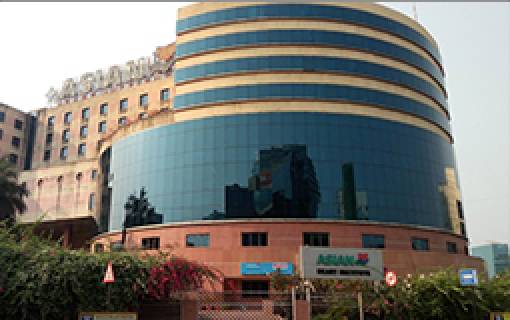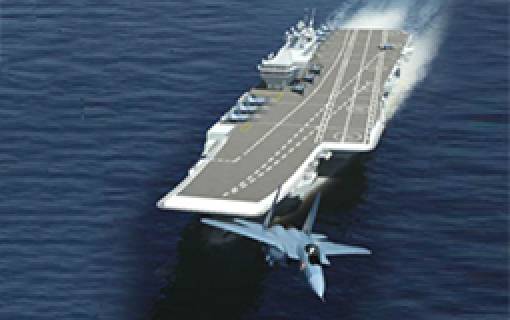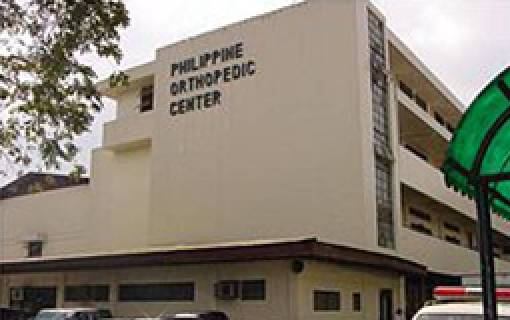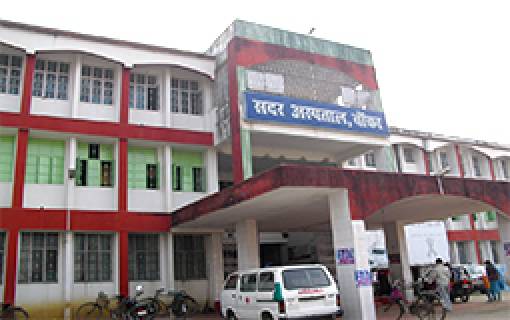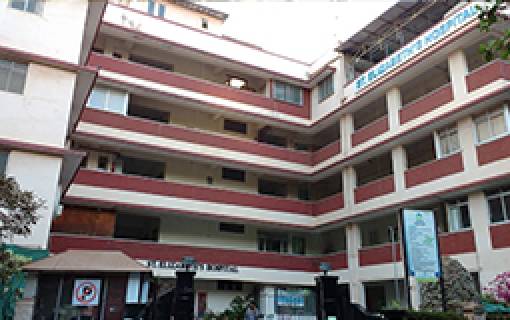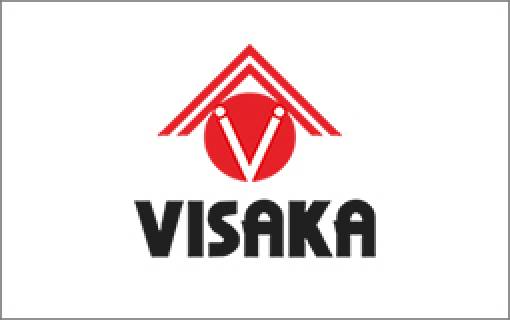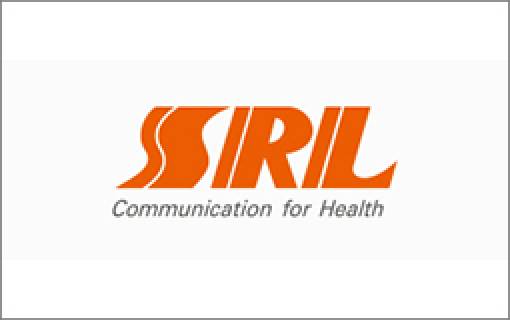Eliminate Fears & Doubts About Medical Equipment Planning
While clinical services at a healthcare facility are of utmost importance, the healthcare fraternity as a whole has begun to realize the value of the support and solidity provided by the administrative and operations teams at a hospital. Hospitals are now implementing modern technology, modern design techniques, and state of the art facilities in order to provide higher quality patient care. While there is great emphasis on design aesthetics and provisions and facilities for patients and their relatives at hospitals, medical equipment is not always given the recognition it deserves in aligning with patient satisfaction.
That medical equipment has an overwhelming influence on patient treatment, experience, and satisfaction, is a lesser-known fact even within the medical fraternity. Therefore, proper medical equipment planning is an essential activity for a new or expanding healthcare facility. Medical equipment planning consultants have significant experience and exposure to be able to guide your facility in obtaining the appropriate medical devices. Here are some compelling reasons why medical equipment planning consultants are rewarding partners in your goal to obtain an optimum array of medical equipment.

Medical Equipment Planning Consultants Fear and Doubts
- During the designing phase, medical equipment planning consultants can advise hospital planners on designs that would be appropriate not only for existing medical equipment, uses and trends but also to provide guidelines for the ever evolving medical technology landscape for future services.
- They understand the operational needs of the equipment and understand how they will impact the workflow at a healthcare facility: They take into account the preference, techniques and usage patterns of clinicians that will use these equipment. They ensure that the level of medical technology is optimal for the healthcare facility. They provide guidance on the medical equipment being compatible with the IT system among other factors.
- They are adept at assessing patient safety parameters and the efficiency of care provided by each type of medical equipment.
- Medical equipment planning consultants understand the financial implications and therefore the viability of each type of medical equipment sought by a healthcare facility. The cost implications involve the up front capital expenditure, as well operational and maintenance costs. They can thus guide a healthcare facility on whether they should procure, not procure, or outsource certain medical devices.
- They are able to assess the uniqueness of all medical equipment and gauge the potential need for a type of medical technology needed in the given drainage area
- Medical equipment planning should ideally commence in parallel to the design and planning phase, as some major equipment have extensive lead times from the time the order is placed to the time the equipment arrives on site. The process of medical equipment planning also involves several people like clinicians, nurses, technicians, biomedical engineers, project managers, consultants etc. A medical equipment planning consultant ensures that everyone’s role is defined from the onset and a robust schedule is designed for the arrival on site of various equipment.
- A medical equipment planning consultant will also provide/review room data/layout sheets to ensure that all medical equipment have the desired functionality in the available spaces.
- Since many medical equipment have major utilities and installation implications that are unique the manufacturer and model, medical equipment planning consultants also oversee the installation of major equipment on site.
- The medical equipment planning consultants conduct a detailed techno-commercial comparison exercise in order to advise the client on the best make and model for each type of equipment. A good consultant will always conduct this exercise from the perspective of the client’s vision and appropriate technology for his healthcare facility, be transparent, and not favour any particular make and model over another when making recommendations.
- Having conducted this exercise for various healthcare facilities, of different types and sizes, of varying levels of technology, and at different locations, an experienced medical equipment consultant will have a great vantage point, will be able to attract competitive procurement rates and agreements from vendors, and will be able to guide the client appropriately.
Thus, a medical equipment planning consultant adds tremendous value to your healthcare facility that has a positive impact on patient care, adheres to your visions, keeps in mind the potential future of the recommended technology, as well as the overall industry developments.
We would love to talk to you about your vision for your healthcare project and provide meaningful insights into how we can help you realize your goals. We look forward to hearing from you.
Project Highlights
We have had a proud association with various prestigious clients and projects.
Need Help? Send in your query.
Please fill out the form below and we will get back to you as soon as possible.



